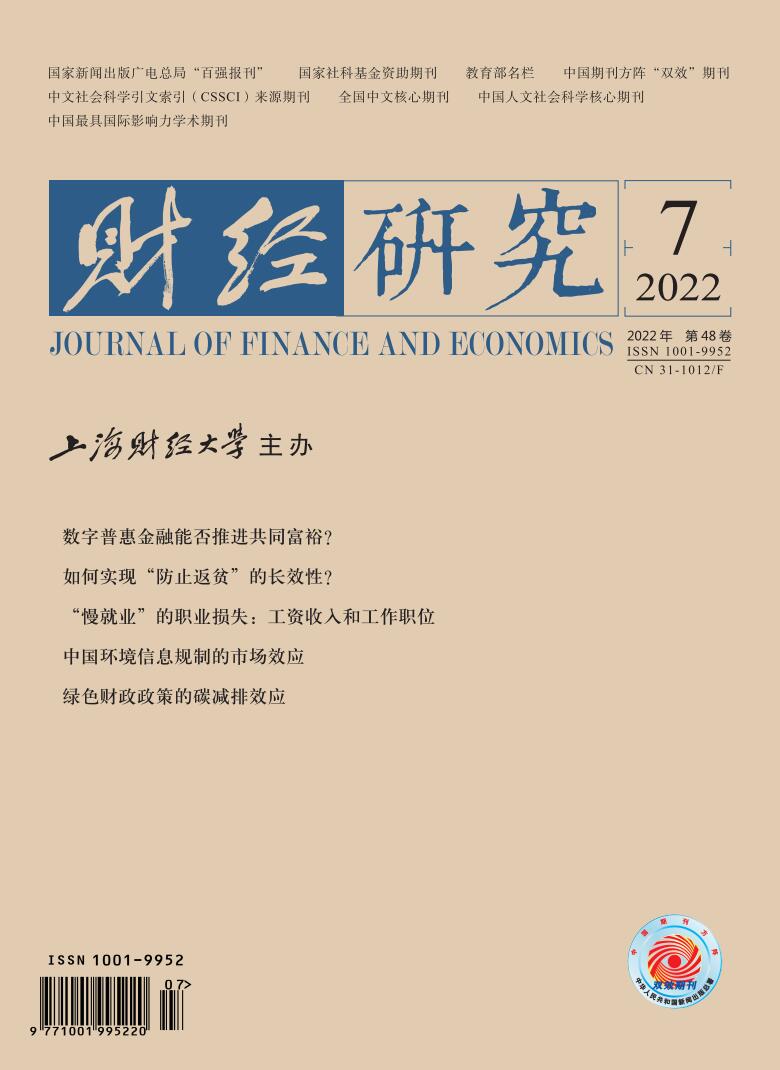“Slow employment” is a state in which graduates voluntarily choose not to be employed temporarily in order to find suitable jobs. It is generally regarded as a concrete manifestation of high-quality employment. However, its occupational loss is often ignored. This tends to exaggerate the positive role of “slow employment” on graduate employment, and relatively ignore the negative “slow employment” of many graduates and the inhibitory effect of “slow employment” on graduate employability, which may make “slow employment” an obstacle to the high-quality employment of graduates.
This paper studies the impact of “slow employment” on the employment status of graduates, and makes the following contributions: First, different from a large number of literatures that mainly analyze the promoting effect of “slow employment” on graduate employment, it demonstrates the occupational loss caused by “slow employment” from the two aspects of wage and job position. Second, according to the job search theory, human capital accumulation theory and individual-environment matching theory, it discusses how “slow employment” affects graduate employment, and theoretically and logically reveals the occupational loss of “slow employment”. Third, it adopts the instrumental variable method, Hausman-Taylor estimation and PSM analysis to resolve the issues of endogeneity and sample selection bias, which provides reliable empirical evidence for the occupational loss caused by “slow employment”.
The results show that “slow employment” hinders the high-quality employment of graduates and significantly reduces the wage level and job positions of graduates. Further mechanism analysis shows that many graduates have low employment willingness, and the negative “slow employment” based on this reduces the degree of demand-supply matching in employment for graduates. At the same time, the “career gap” created by “slow employment” hinders graduates from accumulating applicable vocational skills, which will lead to the depreciation of knowledge acquired by graduates in school, and reduce the degree of their requirement-ability matching. Moreover, the hysteretic nature of “slow employment” limits the long-term career development of graduates, inducing wage level growth and job advancement.
Therefore, promoting the timely employment and high-quality employment of graduates of all levels and types requires that: First, schools should strengthen employment services for graduates and improve their employability and willingness to work. Second, the government should develop a high-quality “gap year” plan to increase the non-cognitive ability of graduates. Third, the whole society should establish a lifelong learning system to help the long-term career development of graduates.





 8419
8419  8002
8002

